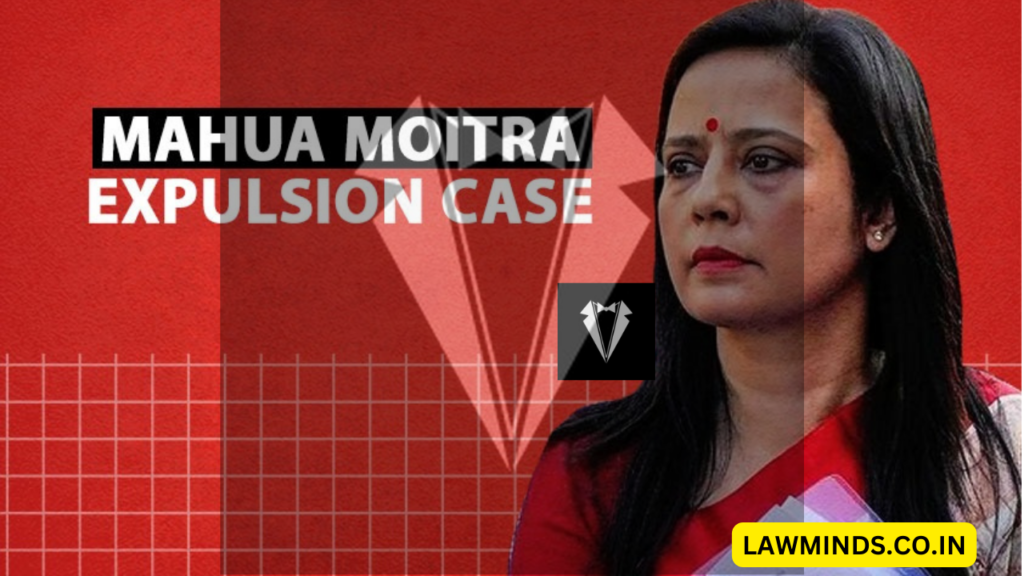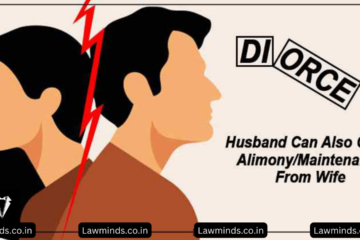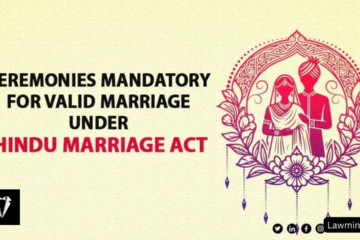In a decision rendered on Wednesday, the Supreme Court of India declined to provide any relief to TMC leader Mahua Moitra. However, the court agreed to scrutinize various aspects, including the jurisdiction of the court, concerning her removal as a Member of Parliament. Moitra faced expulsion for allegedly sharing her login details with a Dubai-based businessman named Hiranandani to pose questions related to the rival Adani group.
A bench comprising Justices Sanjiv Khanna and Dipankar Datta issued a notice to the Lok Sabha Secretary General in response to Moitra’s plea challenging her dismissal as an MP from the Krishnanagar constituency in West Bengal due to her purported “misconduct.”
In its order, the bench refrained from commenting on specific issues at this stage, acknowledging the multitude of concerns raised in the matter. Solicitor General Tushar Mehta, representing the Secretary General, was directed to file a response within three weeks. The court instructed the petitioner to submit a rejoinder within the subsequent three weeks and scheduled the matter for a hearing in the week starting from March 11.
Senior advocate A M Singhvi, appearing for Moitra, sought permission for her to participate in Lok Sabha proceedings, but the bench declined, stating it would amount to allowing the petition. Singhvi requested the issuance of notice on Moitra’s interim prayer, and the bench affirmed that it would examine all issues, including the interim request, on the next date.
During the hearing, Mehta urged the court not to issue any directives in the matter. However, the bench clarified that it was only issuing notice to the first respondent.
Singhvi argued that the alleged bribe-giver had not been summoned, and the findings of the Ethics Committee were contradictory. He contended that the complainant, Jai Anant Dehadrai, suppressed the fact that she was in a relationship with him and that Hiranandani was instructing her to submit questions.
Singhvi highlighted that Moitra was expelled solely for sharing her login details and that the allegations of bribery had been referred for further inquiry. He raised concerns about the lack of guidelines for controlled access and argued that there was perversity in the Ethics Committee’s findings, citing non-compliance with the principle of natural justice.
Singhvi further contended that Moitra was not allowed to cross-examine complainant Dehadrai and the other private individual, businessman Hiranandani. He alleged that the Ethics Committee relied on contradictory and self-serving affidavits.
Claiming that the issue pertained to the basic structure of the Constitution, Singhvi argued that there was disproportionate action based on the majority voice. He also pointed out that the motion for her expulsion was moved at 2 pm, and the report of the Ethics Committee was shared just an hour before.
On December 8, the Lok Sabha passed a resolution to expel Moitra from Parliament following the Ethics Committee’s recommendation for her disqualification as an MP. Her expulsion was based on Hiranandani’s affidavit, asserting that she accepted bribes, including expensive gifts, to pose questions targeting the Adani Group. The action was initiated on a complaint by BJP MP Nishikant Dubey, relying on Dehadrai’s affidavit.




